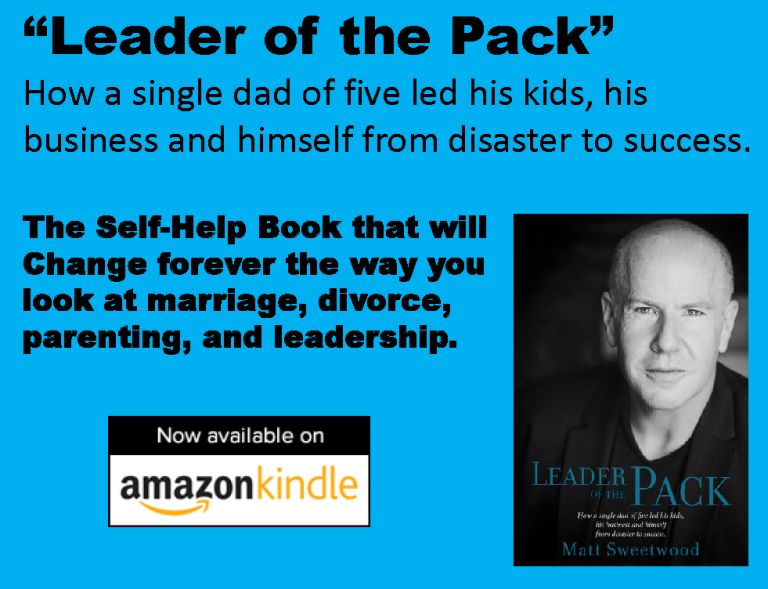Reconciliation: Does It Work?
If you’ve just separated from your long-term spouse, things can be difficult. You may be living in a different place and going through some pretty tough emotions. But just because you’re separated doesn’t necessarily mean that it’s the end of the marriage. You might want to try reconciliation.

Reconciliation is the term that therapists and counselors give to the act of trying to resolve marital issues and bring the couple back together. It’s a tool for saving the relationship and preventing divorce.
But does reconciliation work? It all depends on your particular circumstances. Some couples can become separated for reasons that can be solved with hard work. Others can’t.
If you’re thinking about reconciliation, what do you need to consider?
Don’t Rush Into It
A separation is a serious event in a marriage. It shows that things have deteriorated to the point where at least one partner is no longer willing or able to live with the other. Whether it’s a heated argument or an act of betrayal, it’s often worth leaving it a few weeks before looking at whether you want reconciliation.
The way you feel is likely to change while you are away from your partner. In the beginning, you may find that you want nothing more than to reconcile. But over time, as you rediscover your independence, you may conclude that your life is better without your partner and that they were dragging you down.
Equally, the reverse could be true. You could physically separate yourself from your partner in the belief that you will prefer to live independently, only to find that your life isn’t as good as it was.
The key is not to rush into reconciliation. Often you don’t know how you feel or what you want because emotions are running so high. It takes time to settle down and come to a decision about whether the marriage is worth saving or not.
Speak With Professionals
Divorce professionals, like Cordell & Cordell, can advise on whether reconciliation is wise from a legal standpoint. You can also get help with how to go about the process of reconciliation if the courts are already processing a divorce.
Counselling is also important. Often, when going through reconciliation, you need an independent third party to mediate and ensure that each person acts reasonably to the other. A counselor can usually get to the bottom of the issues in the marriage and make suggestions for how it might be improved in the future.
Try To Ignore The Opinions Of Others
When it comes to something as fundamental as who you choose as your life partner, it has to be a personal decision. It’s not something that another person can do for you. Many people choose to keep their decision to reconcile quiet until they have reached a milestone or resolved things with their partner. The last thing you want while going through reconciliation is to have to deal with the opinions and emotions of friends and family. They may not know all the facts.
Categories: Divorce & Marriage, Outside Contributors



